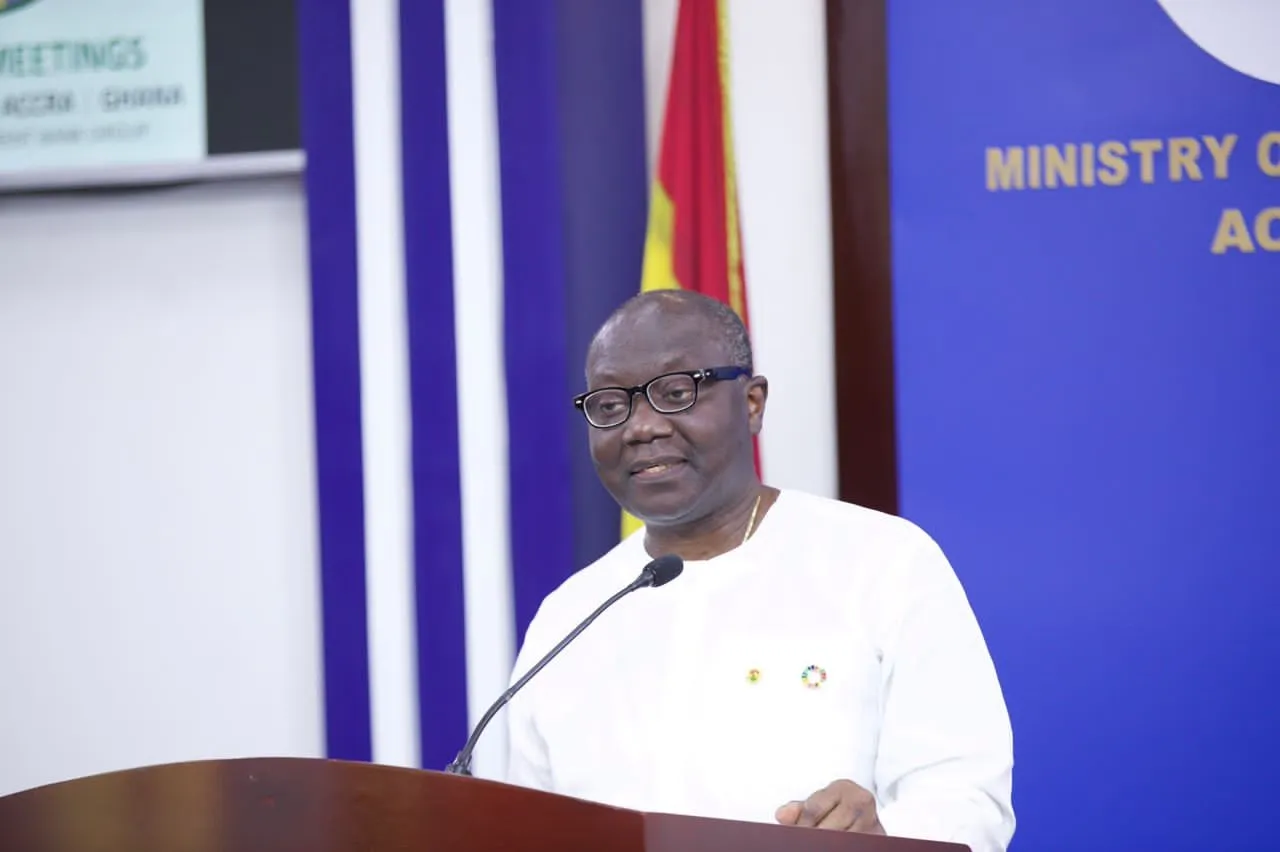The government will reach an agreement with its commercial creditors to restructure Eurobonds amounting to US$13 billion by the end of the year.
Consequently, two bondholder groups have been formed, comprising domestic and regional bondholders on one side and international bondholders on the other.
The latest announcement is expected to end months of speculations by experts who have cast doubts about how soon the government would be able to restructure its debt with its external creditors.
Presenting the 2023 mid-year budget, Minister of Finance, Ken Ofori-Atta, said the government had already shared a set of data and scenarios to commence discussions and expects to receive counter offers from the bondholders in the short-term as it envisages an agreement by year-end.
The government announced a suspension of debt service on external commercial obligations on December 19, 2022 and has since then been engaging the affected creditors on a debt restructuring.
The government is seeking to restructure debts totalling $14 billion, out of which $13 billion are in bonds with its commercial creditors.
The country is targeting an external debt relief of US$10.5 billion between 2023-2026 as it engages these external creditors who include both bilateral and commercial creditors.
This component of the debt restructuring activities is very critical to the IMF programme which seeks to bring the country’s debt to sustainable levels.
Under the IMF programme, the country is expected to reduce its debt to GDP ratio to 55 per cent by 2028.
Bilateral creditors
Giving an update on negotiations with the bilateral creditors, Mr Ofori Atta said following the formation of the Creditor Committee co-chaired by China and France, the government was still engaging with the bilateral creditors to restructure debts to the tune of US$5.4 billion.
He said the government had requested the treatment of the bilateral debt under the G20 Common Framework beyond the Debt Service Suspension Initiative and has held a series of engagements with its bilateral creditors via the Paris Club to provide financing assurances to support the IMF programme.
Domestic debt restructuring
The government in December 2022 announced the Domestic Debt Exchange programme which sought to swap old bonds with new ones at lower coupon rates and longer tenors.
After three months of negotiations with the different bondholder groups and amendments to the original terms, the government successfully completed the DDEP in February.
Total bonds outstanding at the settlement date amounted to GH¢126.97 billion, out of which GH¢29.28 billion were held by Pension Funds, bringing the total eligible bonds to GH¢97.74 billion.
At the end of the DDEP, the Ministry of Finance received final participation of GH¢82.99 billion, representing 84.9 per cent of total eligible bonds.
Mr Ofori Atta said the DDEP had provided government with increased fiscal flexibility and addressed cash and other liquidity constraints.
“The restructuring is critical to the implementation of the IMF supported Post COVID-19 Programme for Economic Growth (PC-PEG). To ensure a return to the path of debt sustainability, a comprehensive debt strategy centred on a restructuring programme was pursued,” he stated.
He said the main aim of the operations was to reduce debt servicing costs and restore debt sustainability.
To complete the domestic debt operations, the government announced in April 2023 its intention to further pursue the restructuring of its debt owed to Independent Power Producers (IPPs); Cocoa bills; local US dollar denominated bond; and Bank of Ghana non-tradable debt.
The IPPs, numbering six, recently kicked against any plans from the government to restructure its US$1.4 billion debt.
The government recently launched debt operations to local US dollar bonds of about US$809 million and cocoa bills totalling GH¢7.93 billion.
The settlement date was yesterday (July 31) and Mr Ofori Atta said the government was looking forward to a successful operation.
Although Pension Funds were exempted from the main DDEP, he said the ministry continued to engage them.
Public debt
Giving an update on the country’s current total debt, the Finance Minister said as of end-December 2022, Ghana’s central government debt and guaranteed debt in nominal terms stood provisionally at GH¢435.30 billion, up from GH¢351.78 billion in 2021.
This represents an increase of 23.7 per cent.
He said using the revised GDP released by the Ghana Statistical Service in April 2023, the debt-to-GDP ratio as of end-December 2022 stood at 71.3 per cent.
He noted that the composition of the total debt stock was made up of a provisional amount of GH¢240.91 billion, equivalent to 39.5 per cent of GDP and GH¢194.38 billion, equivalent to 31.8 per cent of GDP for external and domestic debt, respectively.
Ghana’s programme with the IMF will see the country receive a total of $3billion with the first tranche of US$600 million already disbursed, with the second tranche of another US$600 million expected in November after the country has completed the first phase of the programme.
The rest will be released in five tranches of US$360 million each after each of the semi-annual reviews is successfully concluded.
Source:graphic.com.gh











